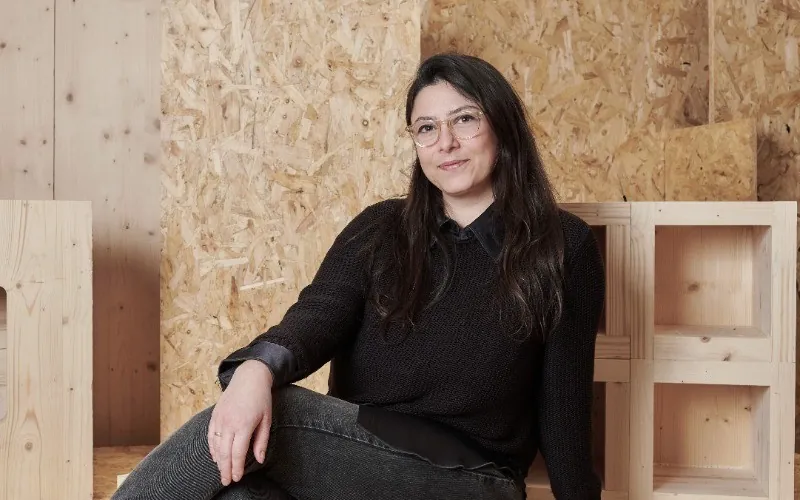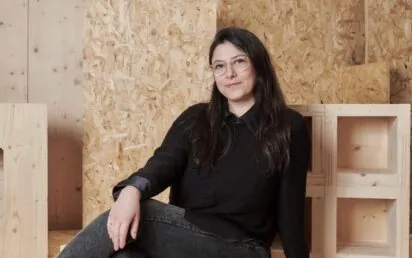Construction tech company Automated Architecture (AUAR) has raised £5.1m in funding as it looks to make sustainable, affordable housing universally accessible.
The London-based firm is scaling its team, expanding its partner ecosystem and preparing to launch operations across key European markets including Benelux, DACH and the Nordics.
Its automation and robotics platform and decentralised approach aims to help homebuilders cut construction costs by 30-40 per cent and removes bottlenecks in their value chain.
AUAR, which is on a mission to tackle the 2bn housing shortage globally, was founded in 2019 by Mollie Claypool, CEO, and Gilles Retsin, CTO and chief architect, after working together for over a decade researching how robotics, generative design and AI could transform housing and how we live.
“AUAR is building a global, automated construction ecosystem for sustainable, affordable, and beautiful homes at scale, designed to plug into the way builders already work,” said Claypool.
“By enabling the industry to build together, powered by robotics and artificial intelligence, we’re not just offering a new tool – we’re unlocking new possibilities for how homebuilders can grow, innovate, and deliver at scale.”
The funding round was led by European early-stage venture fund Planet A with participation from Shadow Ventures, Common Magic and Concrete VC. Numerous angel investors also participated.
Sam Baker, investor at Planet A, added: “Automation is the single biggest commercial opportunity in construction today, but its adoption has been held back by rigid design systems, limited industry know-how, and broken business models.
“What stands out with AUAR is their ability to embed automation directly into the sector, delivering scalable value in a way that’s both profitable and sustainable. Their platform answers the urgent need for solutions to real-world constraints around margins, speed, and labour, whilst rapidly scaling the supply of low-carbon housing.
“A rare combination of world-class technology and industry-beating unit economics positions this team to define the next era of construction.”
Over the past year, the company shipped two of its robotic micro-factories to the US as part of its North American expansion, in partnership with Rival Holdings.
In the same period, it has built multiple projects in Belgium, worked on over 300 homes and initiated the build of “ConstrucThor”, a research facility that is said to reimagine the future of sustainable construction.
Further validation for the business came through an Innovate UK SMART grant to scale the AUAR platform for manufacturing mid-rise timber housing.
By 2030, AUAR aims to have built over 100,000 carbon-negative homes being produced by their customers in more than 10 geographies.


